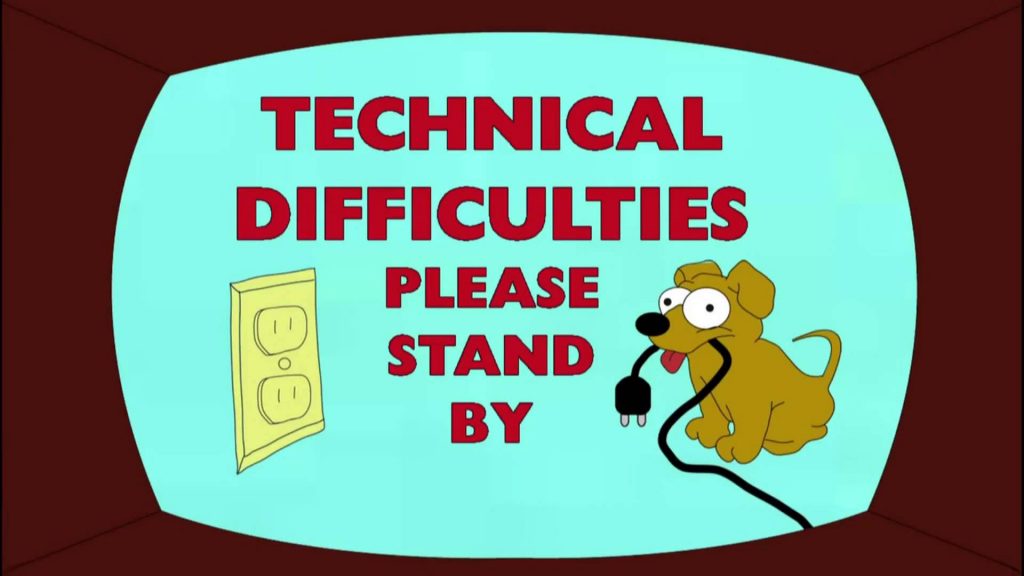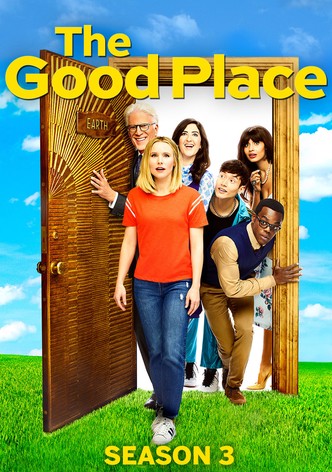Hey, folks, once again we’re cancelling the Strange Thing this week for a faculty meeting that was just announced. We’ll resume with our viewing of The Good Place on Wednesday, 2/9. See you then!


LU Philosophy weekly discussion is back!
Mondays @4:30, Strange Lounge Main Hall, everyone is welcome!
Hey, folks, once again we’re cancelling the Strange Thing this week for a faculty meeting that was just announced. We’ll resume with our viewing of The Good Place on Wednesday, 2/9. See you then!

Please join us this Wednesday, January 19th from 4:30-5:30pm, for our discussion of The Good Place (available to watch on Netflix). We are meeting virtually, please email chloe.armstrong@lawrence.edu for the Zoom link and to be added to our email list.
Eleanor, Chidi, Tahani, and Jason learn that they are headed to the Bad Place after their time on Earth. As they come to grips with this information, Chidi embraces nihilism, lecturing to his ethics students that nothing matters, not even how horrible it is to put marshmallow Peeps in your chili while doing just that. Here’s a summary:
As you watch this episode, consider:
There are lots of other great moments in and leading up to this episode, including Australia’s most American restaurant, illustrations of many of the moral values we’ve encountered so far: virtues and vices, harms and benefits, and acts of duty, and finally, the shape of time in the Bad Place: “Jeremy Bearimy.”
Join us as we discuss how the pursuit of moral truths and good-standing in the afterlife could lead to nihilism, and whether any of that matters.
Please join us this Wednesday, January 12th, for the first Strange Thing meeting of the winter term. We’ll meet from 4:30 to 5:30pm to discuss episode 1 of The Good Place, Season 3. The Good Place series is available to watch on Netflix. (The Zoom link for the meeting is on the email, which any of the Philosophy faculty would be happy to forward.)

S3 E1, “Everything is Bonzer!,” is a double-length episode: 43 minutes. What stands out to you in this episode? What do you wonder about while you’re watching it? Are there parts that resonate with you or bother you? Our open discussion can go in a lot of directions. Here are a couple thoughts to get us started:
In this episode, Chidi, Eleanor, Tahani, and Jason find each other on Earth because they’ve all had near death experiences that motivate them to become better people. So, they form a philosophical study group arranged around the question of what we owe to each other. Does the episode thereby assume that becoming a better person is equivalent to becoming a more moral person? Even if a near death experience motivates people to make sustained positive change, does living a better life amount to improved ethical decision-making? (Backing up a bit, we could ask if attributing to Chidi, Eleanor, Tahani, and Jason a desire to become more moral is a fair assessment of what’s motivating each to join the group.)
We can also use this episode as a chance to think about the nature of indecision, the condition that Chidi struggles with. At times in the episode, like Henry’s decisive getting-in-shape moment, indecision seems to be characterized as a lack of follow through or will power. At other times, like when Chidi can’t pick a chair or ask out Simone, it looks like a fear of commitment and potential consequences. But a particularly insidious form of indecision is not knowing what you want—not know what you want to strive for or seek or commit yourself to. Is that a type of indecision that the show depicts? Are there other ways it manifests in the show?
Please spread the word to and invite fans of either The Good Place or philosophy!